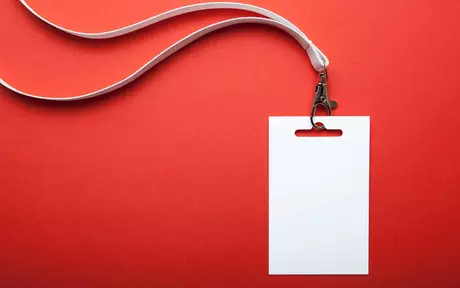
The little things matter
Keeping your system landscape up to date and on the latest versions is an essential task for any organization wanting to stay compliant and access the latest innovations. But upgrading your solution doesn't necessarily require that you initiate large-scale projects, which can often extend in scope. Rather, those upgrades can be part of small, continuous improvements, which deliver a much bigger Impact over time.
Old thinking
Organizations who value stability over innovation end up making big leaps when first upgrading; with the upgrade giving them access to new functionality and processes.
The impact of large scale IT-investments like this can change how your organization operates, but are necessary to make sure you keep up with the competition. These changes also ensure that working for your company isn’t a “digital downgrade” for your people when compared to their everyday life.
The truth is, in a rapidly changing tech environment, large scale investments like upgrades are crucial to remaining competitive, but are these large projects the only way to get the most out of IT platform?
A new way
For me, the simple answer is NO! But this is not an either-or situation, it can be any combination of both that works for you.
Whether you have experience in running big projects or use outside resources, focusing on continuous improvement is essential. You need to take responsibility for combining insights into your business with the possibilities that different software could offer.
A great tip is to focus on incremental innovation, where you think smaller, reducing risk and effort, but deliver improvements more regularly. This helps your system evolve at a more natural speed, in-line with the speed of evolution across your organization. But to do this, you MUST be continuously searching for areas to improve. And someone needs to take responsibility for this.
Think differently
This is the same in your personal life, as well. Imagine yourself, planning for a round-the-world trip, backpacking for 1 year. A once in a life-time experience, that will keep you away from your loved ones for a long time, going to places you never have been before, where the environment is entirely different than you’re used to. And it will come with a considerable price tag too.
Quite a big change, quite costly and with a massive impact on all aspects of your life. But what will really make this trip special will be all the little things that happen on your journey - a sunrise in the Caribbean, the beautiful red flower you discover in the Himalayas, a spectacular tropical rainstorm one night in Bangladesh, and the homeless boy in Guatemala.
The little things
Discovering the “little things” in your ERP, that with little effort can achieve great value for the company and its employees is how you ensure your return on investment (ROI) can be fully realized. Especially when combined with larger initiatives.
Little things could be proactive alerts and notifications, a flexible and extendable data model for correct data-capture, digitized forms, customized screens to optimize user adoption and ease of use, knowledge sharing and in-context help, automation of routine tasks and visual presentation of data, to mention a few.
The ‘little things’ are important for keeping you and your organization learning, developing and growing, not only in giant leaps, but also in little ways every day. So it’s time to find the little things that matter to you.
Unit4’s Business World solution has a number of little things that enhance your overall solution without putting your business through a timely implementation. Examples of what our add-ons can do is removing the need for disparate systems, avoid time-consuming data collation and contrasting processes and procedures.
To find out more on the little things, watch our webinar on-demand here.




